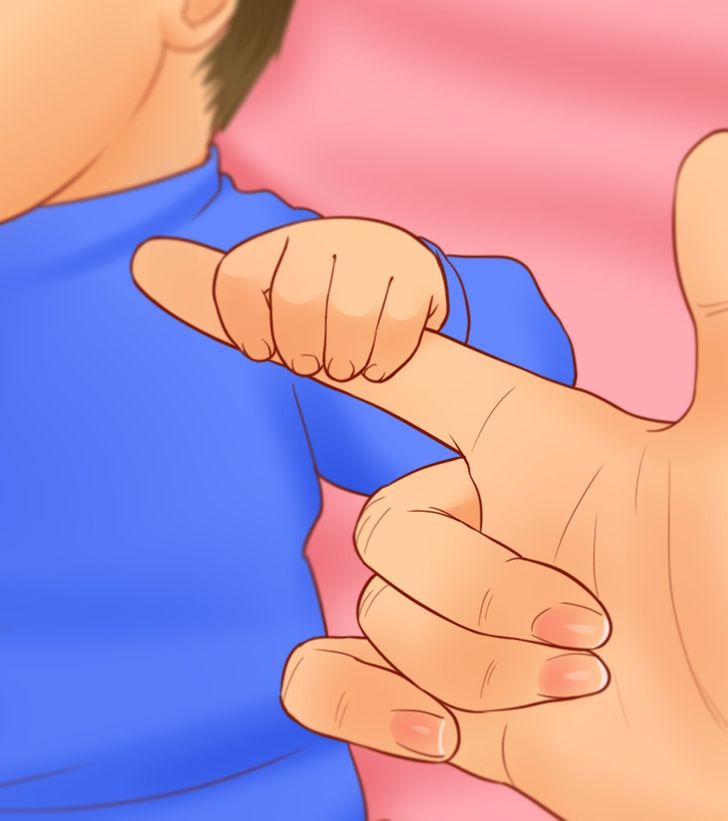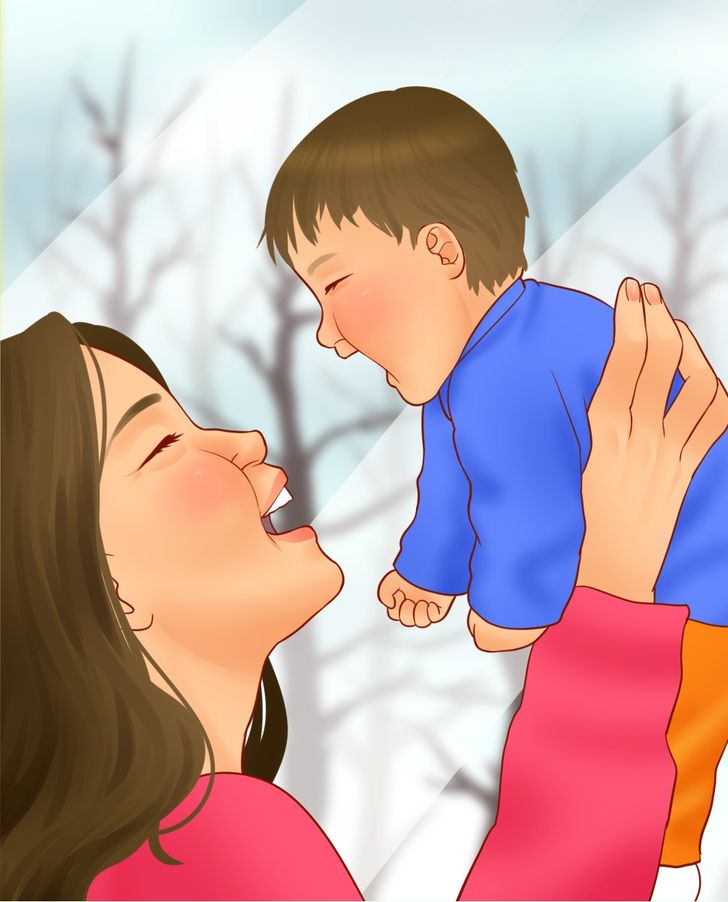What a Maternal Instinct Is and Why It’s Likely That People Don’t Have It
Many people believe that it is the maternal instinct that tells the mother how to treat the child, and even forms the feeling of a “biological clock,” due to which women develop the desire to have children at a certain age. Conversely, scientists have started to doubt the presence of maternal instincts and focus on the claims that fathers and even foster parents can show more love and affection to kids than their actual mother.
5-Minute Crafts studied different opinions to try to understand what a maternal instinct is all about and whether it exists at all.
Instinct or reflex?
Normally, when we talk about instincts we mean a complex behavior exhibited by a living organism that appears in a certain situation and is based on innate and acquired skills. For example, sea turtles hatch, come out of the sand, and instinctively start to move toward the ocean. They don’t realize why and where they are moving. In other words, instincts start a certain automatic program in them that they follow subconsciously.
An instinct is often confused with a reflex, which is a more simple and uncontrollable reaction of the body to a certain stimulus. For example, when looking at a bright light, the pupil of our eye narrows and we cannot control this process no matter how much we want to.
When we talk about maternal instincts, we most often mean complex behavior, inherent in the mother in relation to the baby, which usually manifests itself in response to the baby’s behavior and reactions and that is formed from innate and acquired skills. Today, modern science, which allows us to study this issue in more detail, suggests looking at this concept from a different angle or even abandoning it altogether.
What connects a parent and a baby?
In the animal world, female mammals do behave in a certain way while interacting with their cubs. But at the same time, not every female animal who has offspring is ready to devote herself to them. While studying the reasons for this, scientists managed to find out that the behavior of the female is determined by the release of the hormone oxytocin, which makes her respond to stimuli from her offspring. As a result, her connection with her offspring gradually increases and affection appears. It is supposed that if, for some reason, oxytocin’s levels are low, the affection won’t appear either. This explains why, even in nature, mothers may refuse to care for the cubs they gave birth to.
Previously, it was believed that oxytocin is secreted only in the mother’s body, mainly during childbirth and breastfeeding. Today we know that this phenomenon is also found in fathers and foster parents, and we assume that the interaction with a small child is enough to release the hormone. That’s how the parents’ love (including in the animal world) is born and starts to manifest. And oftentimes it even unites the representatives of absolutely different biological species.

Therefore, the bond that appears between a baby and a parent doesn’t necessarily fall under the definition of maternal instinct, which is laid down by nature and that only mothers are prone to having. In general, the presence of instincts in humans is quite a controversial topic nowadays, because there are no strict patterns of behavior that, unlike animals, are there in humans from birth. At the same time, we still use simpler programs of automatic behavior called reflexes.
Most of them are used by us in childhood when our brain starts to form and gradually stores up information. Over time, it starts to control our behavior and many reflexes disappear. For example, if you stroke a baby’s palm, they will try to grab your finger with their hand. This is called a grasp reflex. It is typical for newborns, but it will start to gradually disappear at around 6 months. On the other hand, the pupil’s reaction to bright light persists even into adulthood.

The absence of a maternal instinct also explains why not all people show their parenting love to their kids and why some of them don’t have any desire to become parents. Moreover, it is known today that an attraction to another person is primary, and the desire to have a child with them is secondary. In other words, there is no instinct that makes us get closer to a person in order to have children with them. Although we can’t rule out that the strong desire to have a child, which manifests itself in men and women at a certain age, is also a kind of natural selection mechanism. So far, scientists were unable to find out why this desire appears, whether it’s connected to our genes or whether it’s just a consequence of the social behavior we are used to. At the same time, the absence of a maternal instinct explains why most mothers don’t know how to take care of their kids properly and most often act randomly (this is why one shouldn’t neglect to attend parenting courses).
In conclusion, we can say that a maternal instinct doesn’t exist in the common way most of us understand this word. Instead, we can say that there is a special bond that appears between parents and a kid as a result of their interaction. It’s thanks to this bond that the affection and the keen understanding of each other’s reactions appear.